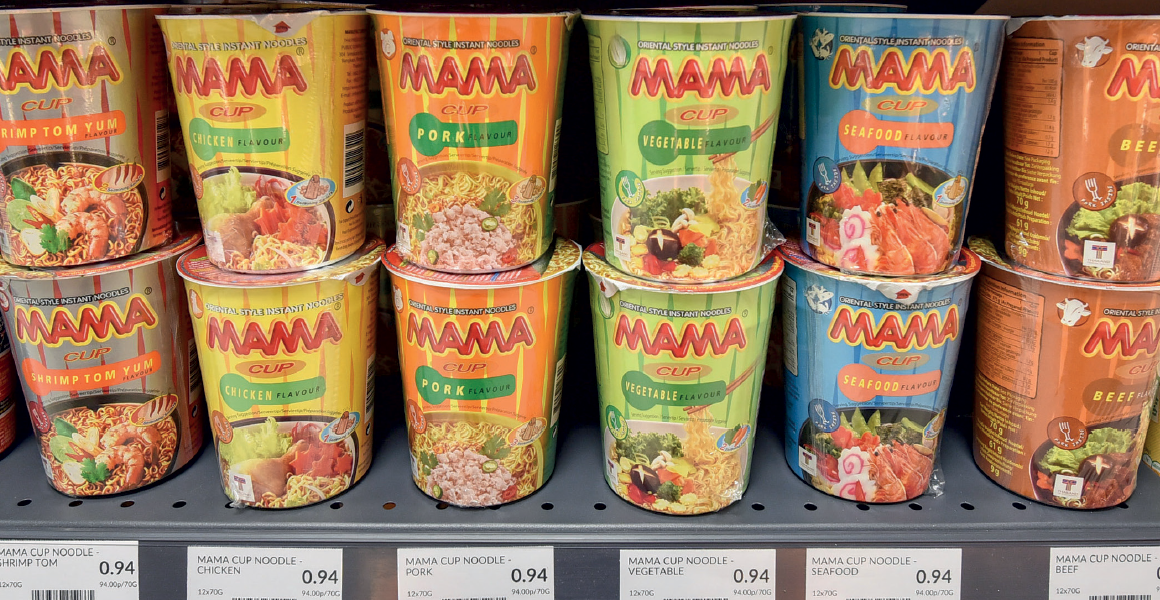Britain is changing, and with many shoppers getting used to eating a wide spread of cuisines daily, their needs are changing, too. Olivia Gagan reports on a category that is becoming more relevant year on year
Join the CLUB to continue reading this story
Club Members have unlimited access to all articles and a whole lot more to elevate your store.or
Register for free and receive the latest news and views to your inbox every week






Comments
This article doesn't have any comments yet, be the first!